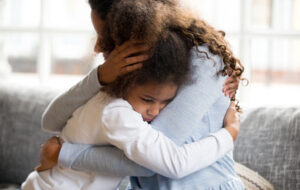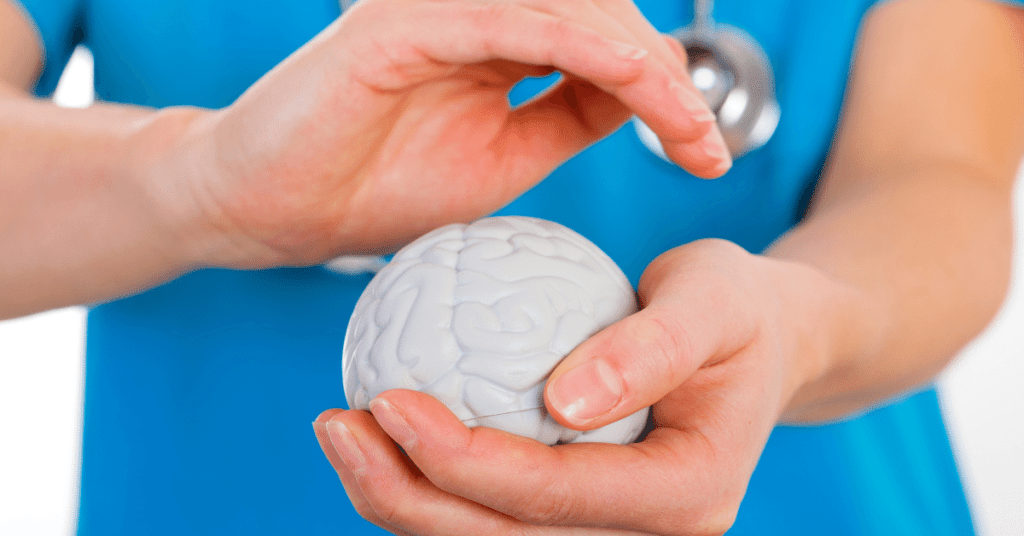Contents
- 1 Child’s Mental Health
- 2 What Is a Mental Health Disorder?
- 3 Signs That A Child May Need Help
- 4 Common Mental Disorders In Children
- 5 Why Is It Important To Know About Child’s Mental health?
- 6 How To Get Help For Your Child?
- 7 Obstacles To Mental Health Treatment
- 8 How To Support Your Child With Mental Health Issues?
- 9 Conclusion
Child’s Mental Health

One in five children in the United States experiences a mental health disorder in a given year, but only 20% of them receive the necessary treatment. Early diagnosis and intervention are key to preventing more serious problems down the road. Signs that a child’s mental health is not good may include problems with mood (sadness, anger, irritability), problems with focus or attention, problems sleeping, changes in eating habits, and physical symptoms (headaches, stomach aches) that do not have an obvious physical cause.
Mental health disorders can affect anyone, of any age, race, or income level. But with early diagnosis and intervention, most children can overcome these challenges and go on to live healthy, productive lives. Thank you for your attention to this important issue.
What Is a Mental Health Disorder?
A mental health disorder is a diagnosable mental or behavioral pattern or anomaly that causes significant distress and/or social, occupational, academic, or other impairment. Mental health disorders include, but are not limited to mood disorders, anxiety disorders, eating disorders, and personality disorders.
Mental health is an important part of overall health and well-being. According to the Centers for Disease Control and Prevention (CDC), mental illness affects 1 in 5 American adults in a given year. That’s about 44 million people! The good news is that most mental health disorders can be treated successfully.
Signs That A Child May Need Help
 If you think your child may be struggling with a mental health disorder, it’s important to get help right away. Here are some signs that your child may need help:
If you think your child may be struggling with a mental health disorder, it’s important to get help right away. Here are some signs that your child may need help:
- Problems with mood (sadness, anger, irritability)
- Inability to focus or attention
- Problems sleeping
- Changes in eating habits
- Physical symptoms (headaches, stomach aches) that don’t have an obvious physical cause
Common Mental Disorders In Children
Mental health disorders can affect anyone, of any age. However, certain disorders are more common in children than others. The most common mental health disorders in children include:
• Attention deficit hyperactivity disorder (ADHD)- About 10% of all children and teens have ADHD. About 2-3 times more boys than girls are diagnosed with ADHD.
• Separation anxiety disorder- Separation anxiety disorder is the most common anxiety problem among kids and affects about 8% of all children. Typically, this condition emerges at around age 7.
• Generalized anxiety disorder (GAD)– GAD affects nearly 7% of kids between the ages of 9 and 17, but it often goes undiagnosed for years because young people may not recognize that their worries are excessive or unreasonable.
• Mood disorders- Around 4 -8% of adolescents have depression before they reach adulthood. Bipolar I Disorder also begins in childhood for about 1 of every 40 adolescents with bipolar disorder.
• Autism spectrum disorder (ASD)– ASD is estimated to affect 1 in 68 children in the United States. It occurs four times more often in boys than girls.
• Depression- Depression is the most common mental health disorder in the United States and affects about 7% of kids between the ages of 9 and 17.
Getting help for a child’s mental health disorder can be difficult, but it’s important to do so in order to ensure their well-being. Mental health disorders are common, and most of them can be treated successfully. Talk to your pediatrician or another healthcare professional if you think your child may be struggling with a mental health disorder. They can help you figure out what’s going on and recommend treatment options that may be right for your child.
Why Is It Important To Know About Child’s Mental health?
 The problem is that many children who could benefit from mental health treatment never get it. There are many reasons for this:
The problem is that many children who could benefit from mental health treatment never get it. There are many reasons for this:
- The child and family may feel ashamed of the illness and not want to talk about it. – It might be difficult to access a good provider or an appropriate program.
- Insurance may not cover all types or aspects of treatment; the family may lack the money for part or all of treatment, even if they can find somebody to provide services.
- Parents (and sometimes pediatricians) often believe myths about what works for treating mental health problems in children, which means they either do nothing or try something inappropriate.
- People commonly think that childhood psychiatric disorders are rare; only 1 in 5 people affected by them realize that help is available.
- Resistance to psychiatric medications, particularly in adolescents, often means that children do not get the medication they need and may suffer from the condition untreated.
All of these factors contribute to the fact that only 20% of children who need mental health treatment actually receive it. This is a tragedy because, with early diagnosis and intervention, most children can overcome these challenges and go on to live healthy, productive lives.
It is important for parents to be informed about the signs of mental health problems in their children and about the treatments that are available. There are many excellent resources available; some are listed below. If you have any concerns about your child’s mental health, please do not hesitate to seek help.
How To Get Help For Your Child?

If you think your child may be struggling with a mental health disorder, the best thing to do is talk to your pediatrician or another healthcare professional. They can help you figure out what’s going on and recommend treatment options. Treatment options vary depending on the type of mental health disorder but may include medication, therapy, or both.
Medication can be very helpful for some disorders, while therapy may be appropriate for others. It’s important to find the right provider and treatment for each individual child. Therapy is effective in most cases. Therefore it is safe to say that finding help for your child is one of the most important things you can do.
If you think your child may be struggling, don’t wait to get help. Talk to your pediatrician or another healthcare professional. There are many effective treatments available, and with early intervention, your child can get back on track and have a bright future.
Obstacles To Mental Health Treatment
There are many obstacles to getting mental health treatment for children. Some of the most common include:
- Poor access to quality providers
- Inadequate funding for treatment programs
- Resistance to the idea of mental illness even existing
The obstacles to mental health treatment are many: poor access to quality providers, insufficient funding for treatment programs, and resistance to the idea of mental illness even existing. Treatment is effective in most cases. Medication can be very helpful for some disorders, while therapy may be appropriate for others.
Medications help some children but not all; therapy can also help many children with behavior problems or learning disabilities. The challenge is to find the right provider and treatment for each individual child. Treatment is effective in most cases. Medication can be very helpful for some disorders, while therapy may be appropriate for others.
How To Support Your Child With Mental Health Issues?

There are several ways you can support your child through the process of getting diagnosed and treated for a mental illness. Things you can do include:
1) Self-care – take care of yourself so you can stay healthy and strong for your child
2) Identify triggers – the next time your child has an episode, try to identify what might have caused it
3) Create coping skills – practice calming techniques together when things get rough
4) Get help from others – every family needs a team. Talk with your partner or another trusted adult about how they can help out in case there’s a tough day or week.
Mental health disorders can be tough to deal with, both for kids and their parents. But with the right support, kids can get the help they need and start to feel better.
Conclusion
In conclusion, the best way to improve a child’s mental health is by providing them with more self-compassion and understanding. They may not be able to control their thoughts but they can learn how to make themselves feel better in any situation. If you have a child who has anxiety or depression, please understand that it isn’t their fault and try your hardest to show them, love, through empathy instead of judgment. They can overcome anything if they have the support of their family.
Mental illness among children is on the rise, so now more than ever it’s important to understand how our actions towards them affect their mental health. If we show them love instead of hate and help them develop self-compassion instead of self-criticism, there’s no doubt that any child will grow up into a healthy adult.
For more information and Guidance, please contact MantraCare. If you have any queries regarding Online Child Counseling or Teen Counseling experienced therapists at MantraCare can help: Book a trial therapy session


